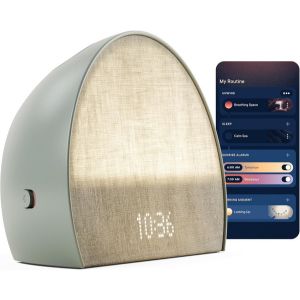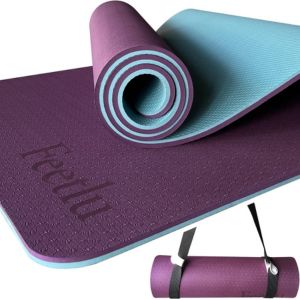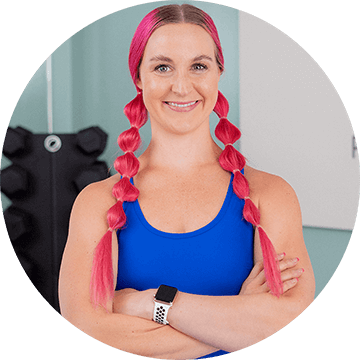Do you reach for your phone before your feet hit the floor? You’re not alone—and it might be quietly draining your energy and focus. In this blog, a health coach shares her 10-day morning routine experiment that helped her stop scrolling and start connecting with her body. Get practical, science-backed tips to shift from screen time to me time—no guilt, just gradual progress.












